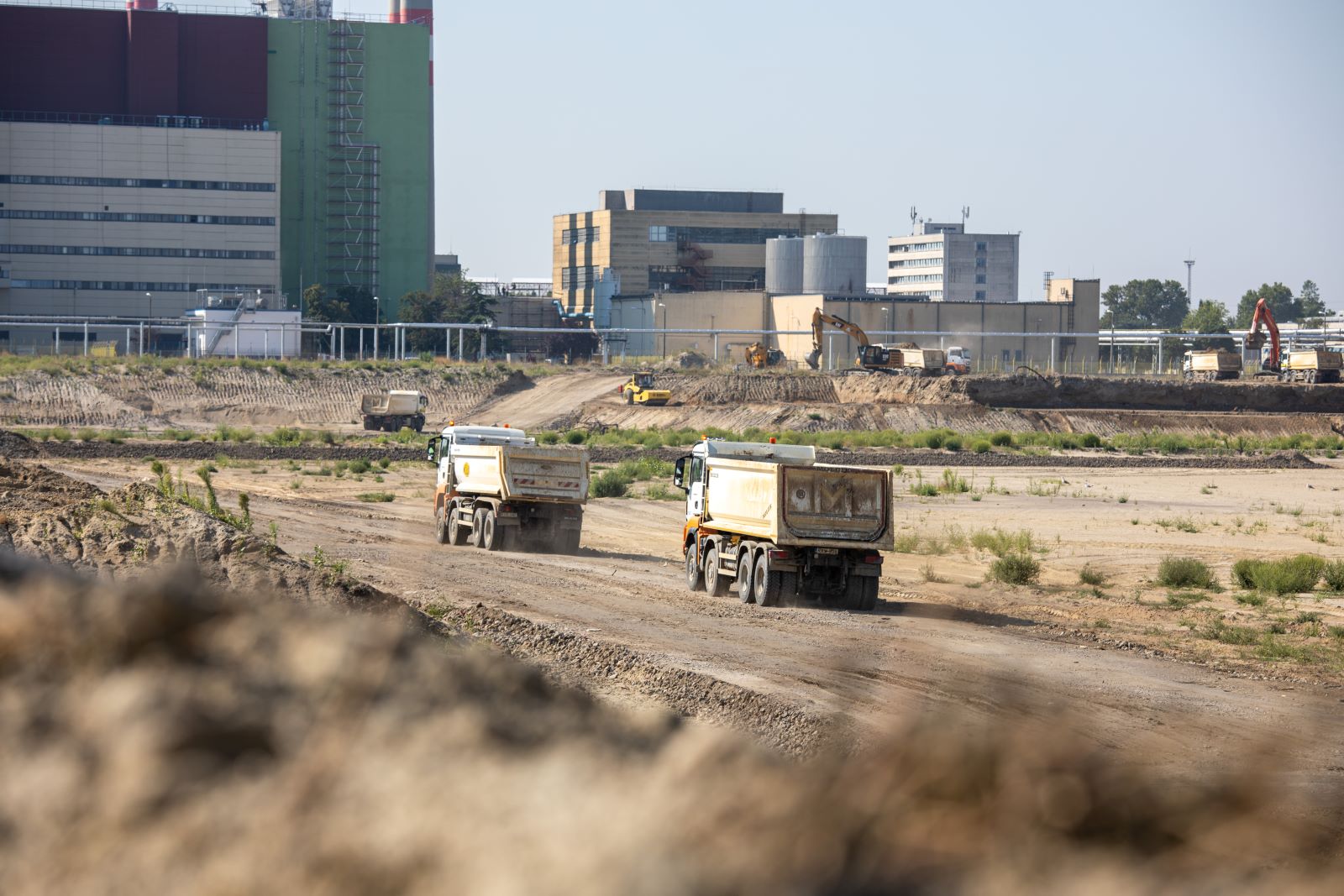
On Friday, the CEO of Rosatom, Alexey Likhachev and State Secretary Levente Magyar visited the construction site.Continue reading
Without a radical increase in nuclear capacities, the competitiveness of the European Union cannot be improved, energy security cannot be guaranteed, and climate goals cannot be achieved, Minister of Foreign Affairs and Trade Péter Szijjártó warned in Vienna on Monday.
Speaking at the General Assembly of the International Atomic Energy Agency (IAEA), the minister stressed that the EU is facing the most serious crisis in decades, with huge economic, security, and energy supply challenges. In his speech, he pointed out that the competitiveness of the bloc has deteriorated, with gas prices on the continent seven times higher than in the US and electricity prices three times higher than in China.
We must ask ourselves how we can improve Europe’s competitiveness, guarantee energy security, and remain ambitious on the environment,”
he emphasized.
“There is only one answer, and that is to ramp up nuclear power generation and radically increase capacity. With nuclear technology we can produce much more energy, much cheaper, much more safely,” he said.
Szijjártó also pointed out that this would also help to reduce emissions, as illustrated by the fact that the approximately 440 nuclear reactors currently operating in the world can replace roughly 180 billion cubic meters of natural gas.
If we are serious about achieving carbon neutrality by 2050, we need to at least double capacity,”
he stressed. He said it was obvious that without it, the EU would not be able to improve its competitiveness and meet its climate targets.
The minister then gave an update on the Paks nuclear power plant expansion. “For us, energy supply is a matter of sovereignty, so any obstruction or attack on our nuclear investment is an attack on our sovereignty,” he warned. The foreign minister highlighted that
Hungary would never support sanctions in the EU that would harm nuclear cooperation with Russia, as this would be against national interests.
He also recalled that the United States had imported twice as much uranium from Russia in the first half of this year as before.
Finally, he noted, in addition to the construction of the two new units, the lifetime of the current four Paks reactors will be extended by 20 years. “This is a guarantee to protect the environment and to ensure that we have enough energy to sustain economic growth,” he said. He also underlined that
65 percent of Hungary’s energy production is currently carbon neutral, of which the Paks plant accounts for 80 percent.
He highlighted that the target for 2030, is 90 percent carbon neutrality and for 2050, full carbon neutrality, but this will require new units. He added that the project is an international investment, with a major role for US, German, and French companies alongside Russia’s Rosatom, and will use the most advanced technologies and the highest safety standards available.
Via MTI, Featured image via Facebook/MVM Paksi Atomerőmű Zrt.